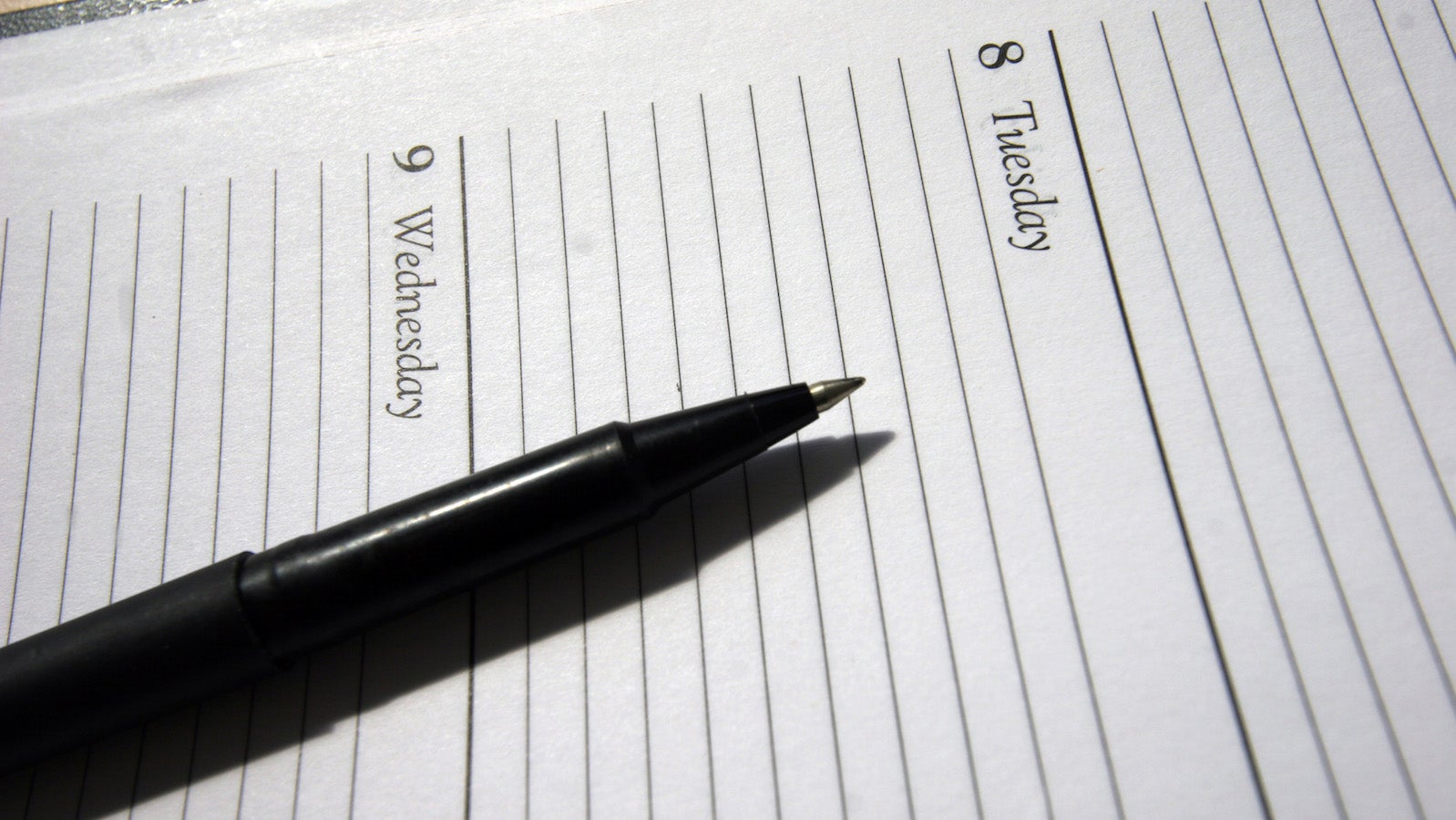The secret to making better decisions in the future is tracking the ones you make today
I recently heard of two partners in an investment fund who keep an ongoing record of every disagreement they have, in a document dubbed “the argument journal.” When they can’t reach consensus on a significant decision, they write down each partner’s position, the action taken, and the eventual outcome.


I recently heard of two partners in an investment fund who keep an ongoing record of every disagreement they have, in a document dubbed “the argument journal.” When they can’t reach consensus on a significant decision, they write down each partner’s position, the action taken, and the eventual outcome.
It’s an unorthodox approach to disagreement, but the two men are onto something. An argument journal—or a decision journal, its more diplomatically named twin—is in fact endorsed by psychologists as a valuable decision-making tool. Keeping one can help identify useful patterns. In the fund managers’ case, they recognized over time that one partner is stronger at making decisions on actions that need to take place within a relatively short time frame, and the other has better long-term vision.
The most important function of a tool like this is that it guards against the cognitive traps that thwart our best efforts to analyze the past in service of the future.
When faced with a dilemma, your mind naturally draws upon previous experiences that might illuminate the way forward. The problem is that these recaps are often inaccurate. You’re more inclined to recall your own contributions and actions over those of others, and to remember factors that were within human control over those left to happenstance.
On top of this bias, we’re constantly telling ourselves stories to help us make sense of the world. This makes us vulnerable to what the statistician Nassim Taleb calls the “narrative fallacy,” which is our tendency to hold onto information that fits these tidy explanations better than information that doesn’t.
As the Pulitzer Prize-winning psychologist Daniel Kahneman explains in his 2011 book Thinking, Fast and Slow:
“Narrative fallacies arise inevitably from our continuous attempt to make sense of the world. The explanatory stories that people find compelling are simple; are concrete rather than abstract; assign a larger role to talent, stupidity, and intentions than to luck; and focus on a few striking events that happened rather than on the countless events that failed to happen… Taleb suggests that we humans constantly fool ourselves by constructive flimsy accounts of the past and believing they are true.”
A better substitute for these faulty recollections, then, is a contemporaneous record of what you’ve decided and why you decided it.
The investor Michael Maboussin at Blue Mountain Capital Management is a longtime advocate of decision journals, as he explained on a 2015 podcast with the writer and entrepreneur Shane Parrish (another decision journal disciple, who offers a template for one on his blog Farnham Street).
“When you’ve got a decision-making journal, it gives you accurate and honest feedback of what you were thinking at that time,” Maboussin said. “And so there can be situations, by the way, you buy a stock and it goes up, but it goes up for reasons very different than what you thought was going to happen. And having that feedback in a way to almost check yourself periodically is extremely valuable.”
Writing down specific details of a decision—including salient factors affecting your judgment at the time, like stress or health—helps distinguish a poor decision from a disappointing outcome, or a lucky break from a wise choice.
It can be a private activity, or a collaborative one. It can even work in marriages, though it’s worth pointing out here that the success of the journal as a group tool depends on all parties’ buy-in. Were my spouse to surprise me with a chronicle of our conflicts—and look, here all the times you were wrong!—it would be received poorly.
The format of the journal is less important than the key action that makes it effective: going back to review those choices, painful though it may be.
“People need to revisit the journal regularly in order to recognize the overall patterns, especially in light of the decision outcomes,” said Neal J. Roese, a psychologist at Northwestern’s Kellogg School of Management. “Without doing this, the usual overconfidence will still creep in and infect recollections of the past.”